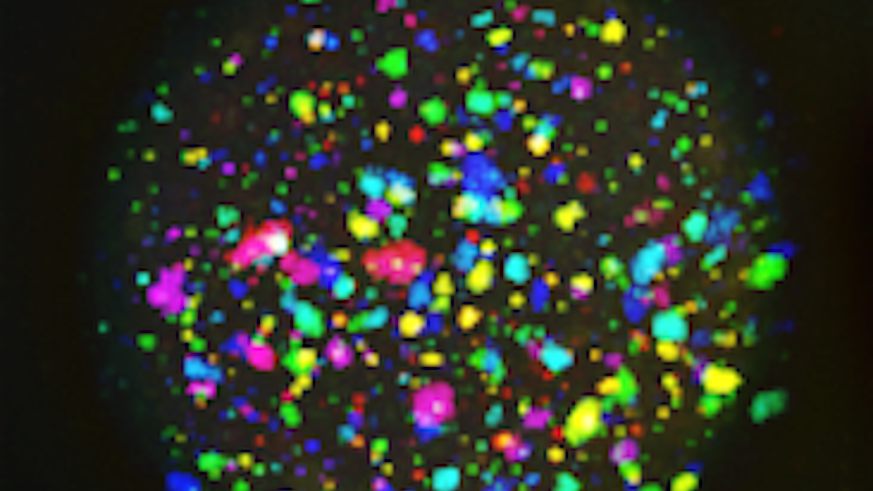Exploring how fats affect eggs and embryo development
10 Ionawr 2017

A team of scientists from Cardiff University School of Biosciences has received a BBSRC funding grant to investigate the effect of fats on eggs and embryo development.
Maternal obesity is a growing concern in economically advanced societies because it reduces fertility and affects the health of children conceived from overweight mothers.
Many of the problems related to maternal obesity originate from eggs that contain too much fat. The fat in eggs is stored in lipid droplets and, until now, these lipid droplets in mouse and human eggs have been difficult to study due to their small size. Furthermore, analysing such droplets has involved destroying the egg.
Using a new high resolution non-invasive imaging technique called CARS microscopy, Professor Karl Swann and Professor Paola Borri from the School of Biosciences, along with Professor Wolfgang Langbein from the School of Physics and Astronomy, have found a way to study lipid droplets in mouse eggs.
Professor Swann said
“This is an exciting discovery and the grant from BBSRC will enable us to use this new technique and other imaging methods to establish how excess fat damages eggs. We know that eggs need some fat to develop healthily, so we also want to establish how much fat is the optimal amount for embryo development.”
The team will work with Professor Ros John who leads an established research group working on maternal diet and its effects on pregnancy and health across generations.